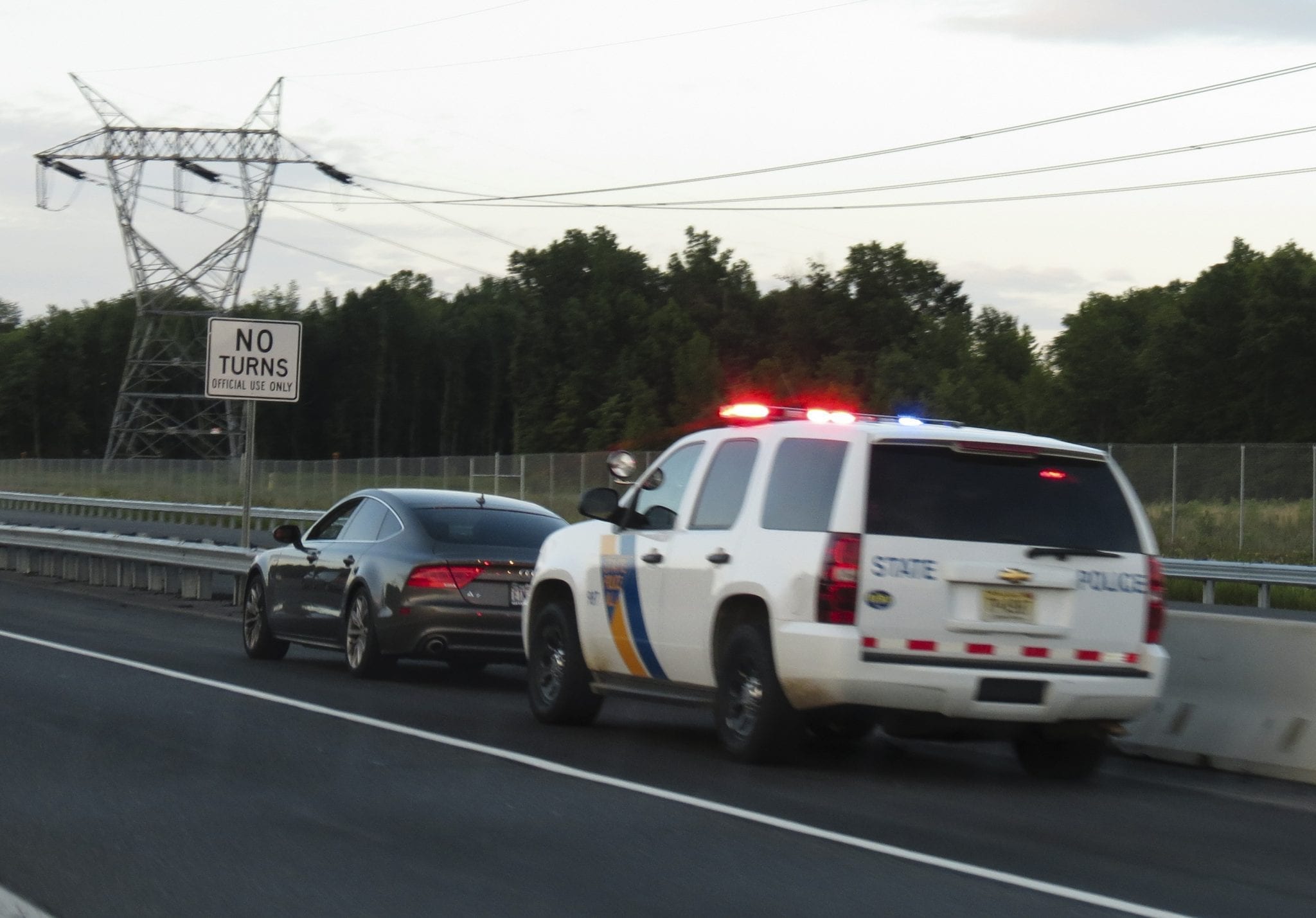Citations and tickets mean the same thing, yes, but the severity of the traffic violation will determine the severity of the charge brought against you.
Of course, all necessary measures should be taken to safely follow the traffic laws. Not only is the safety of yourself and others at stake, but failing to follow the rules can be costly financially, too. That said, even with our best intentions, mistakes can happen.
It can be stressful to receive a fine for a traffic violation, particularly if you are unsure of the meaning behind some of the legal terms used. Common questions amongst many are what the difference is between a citation and a ticket, whether one is more serious than the other, and how long each of them remains on your record.
It can be helpful in dealing with traffic violations to understand the jargon a little better, as well as equipping you to better navigate car insurance conversations. Driving offenses can impact the premium rates for insurance, so the more you understand it, the better.
What is the difference between a citation and a ticket?
It is interesting that this is such a common question, as the answer is simple: nothing!
Both the word ‘citation’ and ‘ticket’ refer to exactly the same thing. When it comes to traffic violations, the word ‘citation’ is simply a more formal version of the word ‘ticket’. The word that does differ in meaning regarding the subject of traffic violations is the word ‘warning’ – receiving a warning is less serious than receiving a ticket/citation.
Citations/tickets are issued by law enforcement officers to drivers who are caught in violation of the traffic laws. Once issued, they legally attest that the driver in question has violated a traffic law and is being held legally accountable. While a citation or ticket is essentially a legal charge against the driver, most infractions are not considered to be criminal offenses.
That said, penalties resulting from driving offenses can range from warnings (with no actual penalty) to fines and even jail time. All citations usually drive the cost of insurance premiums up.
Citation categories

Depending upon the severity of the infraction and the resulting consequences, citations can fall under three main categories. These are:
Warnings
If the circumstances allow for it and the severity of the violation is low enough, a law enforcement officer may decide to issue a written warning. There is no financial penalty issued with a written warning, and they do not affect insurance premiums. So long as the violation is not severe, first-time offenders are typically more likely to receive a written warning. If the severity of the violation warrants it, however, a first-time offender can be issued with a citation. More commonly, those with repeat offenses on their record receive citations.
In some states, written warnings appear on driving records, but verbal warnings do not. Written warnings, therefore, increase the chances of receiving a citation/ticket upon subsequent violations, as officers can see that you have already received a warning.
Penalties and fines
Typically, fines and other penalties are reserved for those traffic violations that are unlikely to result in criminal charges or any jail time being served. These include standard movement violations, such as speeding or driving through a red light. Even though such citations do not usually lead to criminal charges or incarceration, they still usually drive your insurance premiums up. Other offenses that fall under this category include illegal parking and driving with expired tags.
Misdemeanor and felony traffic violations
Severe traffic violations, such as driving under the influence of alcohol (DUI) or hit and run incidents can result in criminal charges, large fines, incarceration, and the suspension of the driver’s license. The severity of these penalties can cause an insurance company to significantly increase a driver’s premiums, or in some cases, refuse to offer insurance and cancel their policy. License suspensions may prevent you from being able to drive, but it may still be important to insure your stored vehicle, so discuss these options with your insurance provider.
How important is it to respond to a citation?
A citation is a legal charge, requiring you to take the necessary action by a certain date to avoid facing additional consequences, so the answer is, extremely!
Failing to respond accordingly to a citation can result in additional fines, license suspension, and being ordered to appear in court.
If you feel that the citation has been issued unfairly, you do have the right to contest the citation in court, in which case you may want to seek legal advice. Being in receipt of a citation is not in itself an admission of guilt.
How long do citations remain on driving records?
In most cases, minor driving citations, such as speeding or illegal parking, remain on a driver’s record for approximately three years, depending on the area. The exact guidelines vary between states, with the more serious violations, such as hit and runs and DUIs staying on the record for as many as ten years.
Final thoughts
Citations and tickets mean the same thing, yes, but the severity of the traffic violation will determine the severity of the charge brought against you. Even the most insignificant citations, such as written warnings, can soon stack up and lead to greater consequences down the line, so focusing on obeying all traffic laws at all times is obviously the way to go.


Join the conversation!